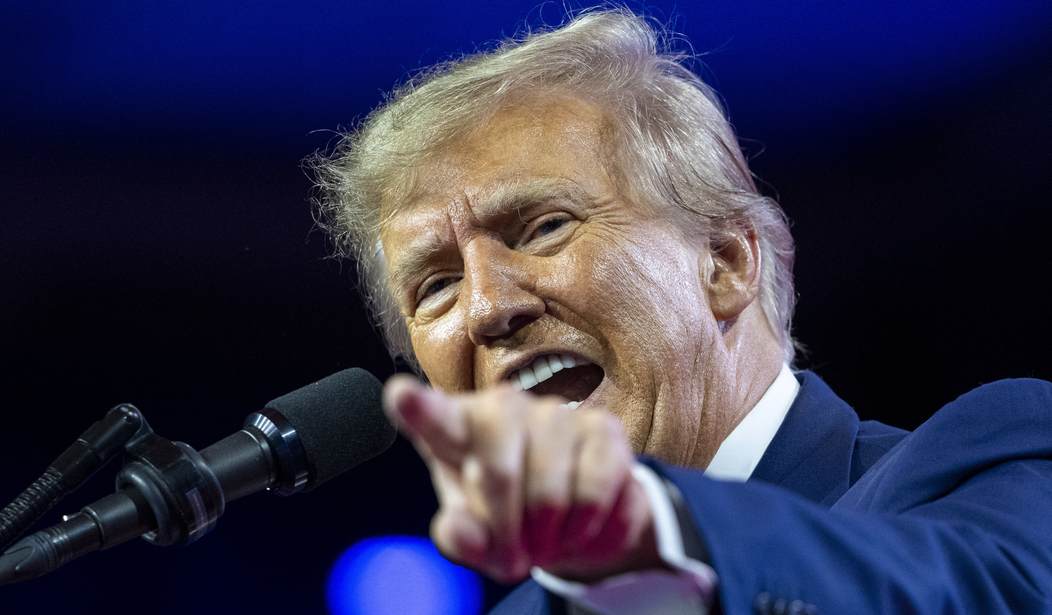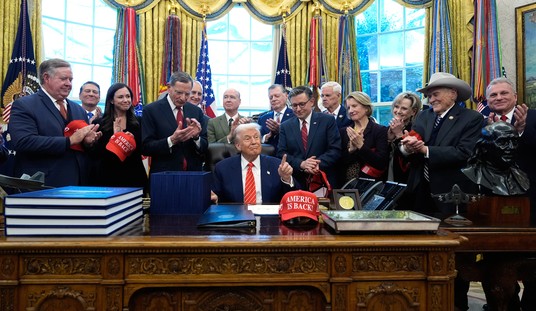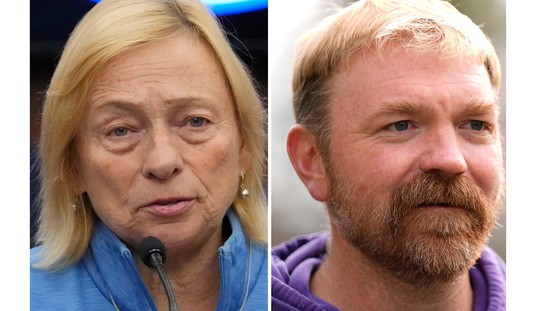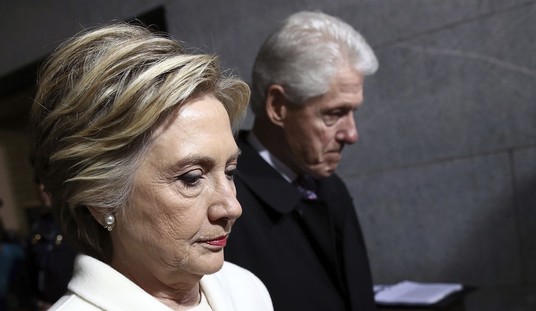From the moment Donald Trump rode down the golden escalator in June 2015 to announce his 2016 presidential campaign, he has operated from an “us vs. them” perspective against all who’ve dared to disagree with his every step. While the strategy worked in 2016, it failed in 2020 — despite protestations to the contrary from those who’ll never be convinced he legitimately lost.
With both elections history and not a damn thing anyone can do about 2020, the salient question now is whether Trump’s continuing “us vs. them” strategy — “Trumpism,” as it were — will work in 2024.
No one can answer that question, but what Trump watchers do know is even if Trumpism doesn’t appeal to a sufficient number of non-Trump-loyalists, the former president will not only go down in flames as he stubbornly clings to it; he’ll also try his damnedest to burn the GOP to the ground, as well.
Translation: While Trump runs totally on Trumpism, he continues to run away from the Republican Party, hardly mentioning the party by name, other than when he launches attacks against key Republicans.
Since Trump hit the campaign trail in early March, based on a review of Trump’s speeches, interviews, video posts, and face-to-face interactions with voters, the presumed front-runner for the Republican Party’s 2024 nomination has used the name of the party he seeks to represent, sparingly, and as I suggested, generally only when disparaging high-profile Republicans.
Steve Bannon, host of the “War Room” podcast and the CEO of Trump’s 2016 campaign, told NBC News:
Fox News and [Senate GOP leader] Mitch McConnell and the Republican donors have basically signed a pledge to stop Trump at any opportunity. So, why should he be touting the Republican Party? He shouldn’t be loyal to the Republican Party. They haven’t been loyal to him — they’ve scheduled 10 primary debates to wound him.
Far be it from me to question the “wisdom'” of Steve Bannon [heavy sarc], but a couple of questions come to mind — just based on his above observations, alone.
First, let’s pretend Bannon’s first statement was correct: Is it better to be right, or better to win? Purposely alienating Republican voters and independents who don’t walk lockstep with Trump isn’t a wise strategy — particularly if the number of Trump loyalists isn’t sufficient to carry the Donald to victory in 2024.
Second: Please explain to me how holding Republican primary debates when an incumbent president isn’t in the race is “unfair” or meant to “wound” one of the candidates. I’ll wait.
Jason Miller, a campaign senior advisor who worked on both of Trump’s prior bids, who recently rejoined Team Trump, told NBC:
Yes, there’s the Republican primary still, but some of the strategies and tactics in regard to how we’re engaging Joe Biden will look a lot more [like] 2016 than 2020,
Huh?
One Trump campaign advisor who requested anonymity in order to discuss internal strategy said the former president is casting aside the Republican label because he believes he’s the leader of “a movement broader than one party.”
It’s a recognition that it’s not just an R versus D — it’s about the current state of the country and who, on Day One, is going to fix it, whether that’s the ‘uniparty’ or the ‘deep state’ or the world government, there is most definitely a recognition amongst the electorate at large that there is an ‘us versus them’ component in all of this.
The recognition of the electorate at large?
Of course, not — and neither is the notion that Trump’s the leader of a movement broader than one party. There’s a name for that, but I’ll let you fill in the blank at your own discretion.
Incidentally, this is exactly the kind of observation that “earns” yours truly a rash of nonsensical name-calling by “some,” even though I repeatedly state that I voted for Trump in 2016 and 2020 and will vote for him in 2024 if he’s the nominee, but I simply don’t believe he’s the best choice to oust Biden or any Democrat from the White House — another observation that leads “some” to break out the flamethrowers.
Finally, the above campaign advisor suggested claimed Trump has the ability to bring together disparate political blocs that will line up behind him in 2024:
There is a recognition and realization from our standpoint that the ‘them’ is going to mean different things to different people. You’ve got conservatives who are concerned about the administrative state or what they’re teaching kids in schools.
There are people who are worried about the politicization of the justice system or that the military has gone woke. All of these things for different people mean different things, so being able to put all of those in the ‘them’ column provides a wider breadth.
While much if not all of the above analysis is correct, what you’ve also “got” is a yuuge bloc of NOT-Trump voters, not dissimilar to the substantial bloc of NOT-Hillary voters in 2016, and a sufficient number of NOT-Trump voters in 2020 to tip the election results in Biden’s favor. Now, you can argue the same tired argument in the comment section until the proverbial cows come home, but I won’t “tune in” for the festivities.
My bottom line: DeSantis 2024 — for all the right reasons.
Anyway, have a great weekend, all, and try to remember that politics isn’t — or shouldn’t be — the be-all, end-all, in anyone’s life. No, really.














Join the conversation as a VIP Member